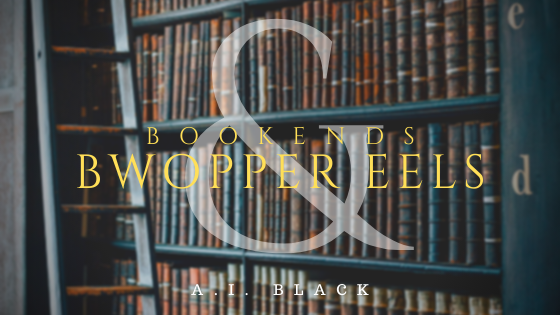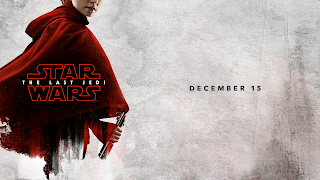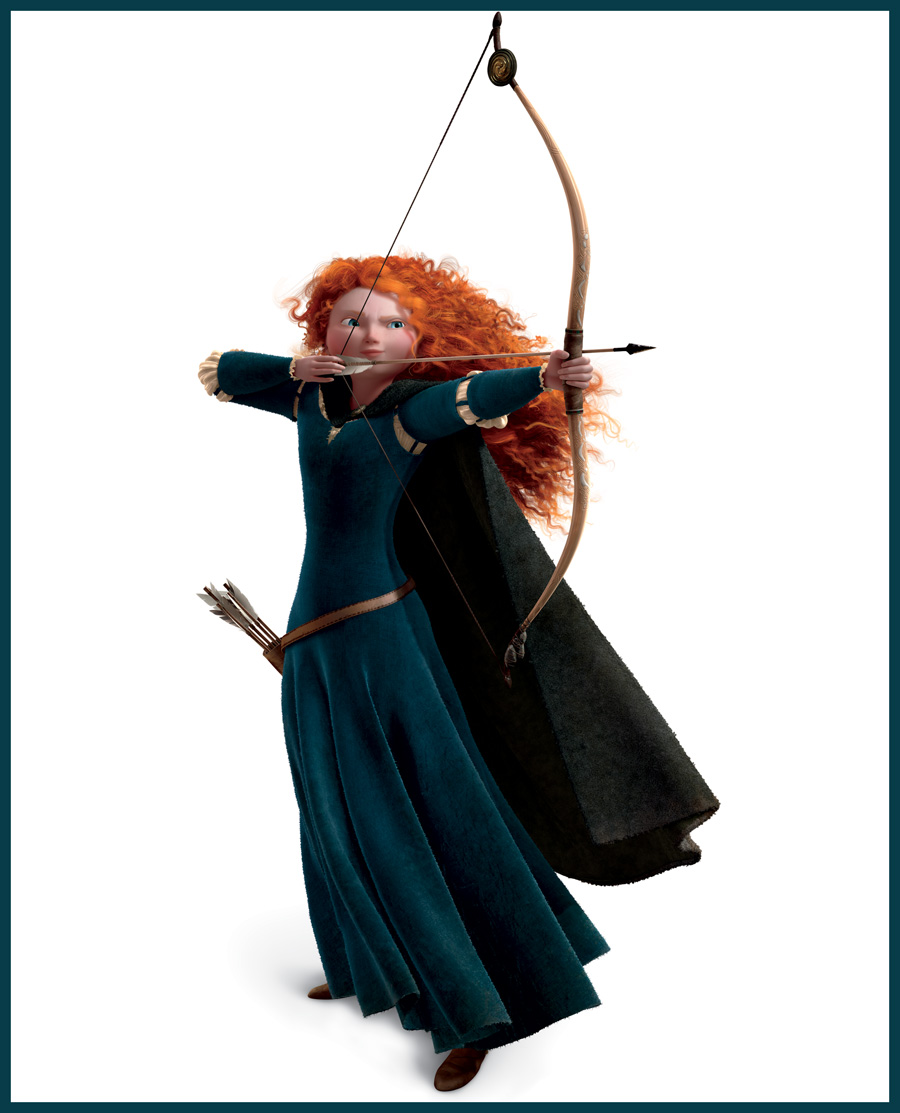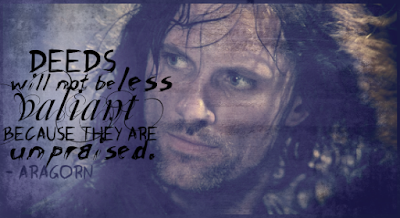I was sorely disappointed.
We were anticipating this movie for almost a year before it actually came out, getting super excited, planning and plotting to go see it with friends and family, and then the big shocker came out a couple months before the movie. My family did not go see this in the theater; we didn't want to support that in any way, and we didn't want to buy or rent it. But this past week, we were able to borrow it from someone else and watched it quietly at home. As I said, it was very disappointing.
First off, the whole Lefou dealybopperthingy. To be very honest, it was barely even there and wasn't super terrible. If I hadn't known about it beforehand I might not have noticed, but it was still there. Lefou is definitely a fruitcake, hinting at his--erm, shall we say, issues?--several times throughout the film, and he just seems like a greasy, slimy guy. I found myself wondering, "Is he serious? Is he just really stupid and doesn't understand what he's saying? Does he mean anything more by that simple thing he just said?" He was, granted, rather funny at times (during the "Nobody [
fill in the blank]s like Gaston" sequence), but, knowing the context that Disney put on his character, the humor was rather ruined for me. I mean, nothing
happens with it, really. There's a bit of hinting as to Lefou's preferences and really only a couple really sketchy scenes. First, near the end, there is a man in Gaston's gangsters who gets attacked by the magical closet and dressed up girlishly, which is apparently how the closet attacks people. He just grins kind of dopily and then we shrug, assuming he's gone. BUT: later, at the last song and dance routine, Lefou and the same gangster (who is now dressed as a man again) bump into each other and evidently start dancing or at least we assume they do; it was an accident that they ran into each other, but...you know, it's kind of sketchy. Granted, the whole thing wasn't as sketchy as I expected it would be when I first heard about it.
Anyhoo, that's that, and other than that it was, as far as I remember, good content-wise. Soooo....on to the fun stuff.
I think overall I would only give this 2 stars.
Okay, first reason is the one up above, the next is this: I wasn't expecting this to be a musical. It's a good two hours long, and a good hour of that two hours is composed of Disney song and dance routine. I feel like this movie was just a live-action version of the old cartoon, which, I mean, isn't a bad movie, but it took any interest out of it. All the songs were the same as the cartoon, and it was just so over-the-top. If the old cartoon had never been made, okay, yeah, that would be fine. But it was made. I was comparing it to the live-action vs. cartoon Cinderella, which was changed back to the original fairy tale. That's what I was wanting with B&tB. Go back to the old fairy tales, before you made the cartoon, don't just redo something you've already done.
So reason two: all the vocals were blatantly "fixed-up" digital-wise and it was obvious that the voices coming out of the actors were recorded separately from the video, in a special sound studio. And at least, if you're going to redo a movie as a musical, do some new songs, people! There were maybe two new songs written for this movie, and those were mainly not very good. Like "Evermore" or whatever the Beast sings, sure, he can sing, but I think that the song really didn't fit the mood it was trying to set. It wasn't even in a minor key!!!!! (Ahem, enough about that.) Anyway, I felt that every movie reused from the cartoon was just kind of dull, not a lot happening, and not a lot of contribution to the plot. If you want an almost verbatim copy of the old animated film, at least song-wise, then you've got it. I didn't feel that the songs told the story as well as dialogue and actual, um, what we'd call "acting" would.
Then there are the characters to talk about. (Have I made anyone angry yet?) I have watched the first three Harry Potter movies, and liked Emma Watson as Hermione in the first two, but not the third. I have this odd feeling about her (besides the fact she's a blatant feminist) that she is simply riding off the fame of being Hermione from her childhood, and not really working too hard for her role. I didn't feel that her performance was that wonderful and almost felt like she is too petite and British to play Belle. Not that I could do any better; she was okay, but there wasn't any great depth to her character. Belle loves her father, which was nice to see, and was a sweet, good girl, but I really wasn't super impressed, no offense to anyone.
Really, the only initially likable character is Maurice, Belle's father. He is just such a kind, gentle man, who cares very much for his daughter and would go to any end to help her. The one cute, little sweet thing I liked in the movie was that he's always tinkering with things, and when he goes to ask Belle for a tool, she already has it in her hand, knowing what he wants. That was nice. It was pleasant to have a good father character for once in a Disney film.
 |
| Definitely not as eccentric as in the animated one, but probably for the best. |
Now, okay...here we go. You probably know I'm a Tolkien fan. In light of this, I enjoy watching The Hobbit. In light of that, I like Bard's character, and it was very interesting to see Luke Evans/Bard portraying a very different sort of man.
 |
| I literally keep starting to call him Bard instead of Gaston and have to quickly correct myself! |
So actually I ended up enjoying his performance as Gaston, the village's flirt and obnoxious rogue, better than the performance of the beast. Simply because Luke Evans portrayed the character quite well and it was interesting to see him in a different role than Bard the Bowman. He was very full of himself, very un-likable (but still hilarious), rather stupid, and simply a brutish bad guy, and I wish I could say that I imagine Mr. Evans to be more like Bard than Gaston, but I digress. Anyway, his character in this movie is pretty straightforward. He is pigheaded, determined to marry Belle whether she wants to or not, and is very angry at Maurice for telling him NO. Finally, a responsible parental decision in a movie! (As a sidenote, my brother and I determined that Luke Evans would be a pretty good Captain Hook if movies of the "Starcatchers" books are ever made. hint hint.)
Now, the beast was kinda boring. Sorry to be blunt and cruel, but there it is. He was just the typical kind of guy that Belle starts feeling sorry for and then falls in love with, blah blah blah. And then after transforming back into a human, he was rather uninteresting. I mean, he was a nice person once he started being nice, but, once again, he was exactly like the cartoon. Only he might have a slightly better sense of humor. When Belle asks, after his transformation, "How would you feel about growing a beard?" he growls like "ain't nobody got time for that" in his "Beast" voice, evidently retaining the ability to sound like a bear. How does that work? *shrugs* He was about on par with Kit in Cinderella, only he didn't sing as a human! In the cartoon and the live action movie, I always wish he would sing! Oh well.
Okay, so that's most of the characters that need to be covered, other than the furniture. Needless to say, I like Ian McKellan a lot better as Gandalf (who doesn't?) than Cogsworth and Ewan McGregor A WHOLE LOT better when he's not faking a French accent, but that's not important. Most everyone else is very similar to the cartoon as well. The whole plot and everything, for the most part, is the same, at least to the best of my memory.
Overall, I sadly came away from the movie feeling kind of bored and annoyed by the whole thing. It just felt...unoriginal and bland, not differing much from the original cartoon. It shouldn't have been a musical, because having all the exact same songs as the cartoon made it feel like recycled material or hand-me-down jeans. Worn out. There was about ten minutes' worth of funny/good scenes, and the other 110 minutes was a great Disney-fest that was exactly like the cartoon. You aren't missing anything by not watching it, if you aren't watching it because of certain reasons. However, content-wise, it's pretty clean other than the aforementioned Lefou incidents.
My final verdict? If you want to see the cartoon acted out in real life, then watch it. It wasn't good. It wasn't the worst movie I've ever seen, but I think Disney could have done far better. Far better.
p.s. This is an updated review that I have returned to after letting my anger simmer down. It's also posted under movie reviews.























































